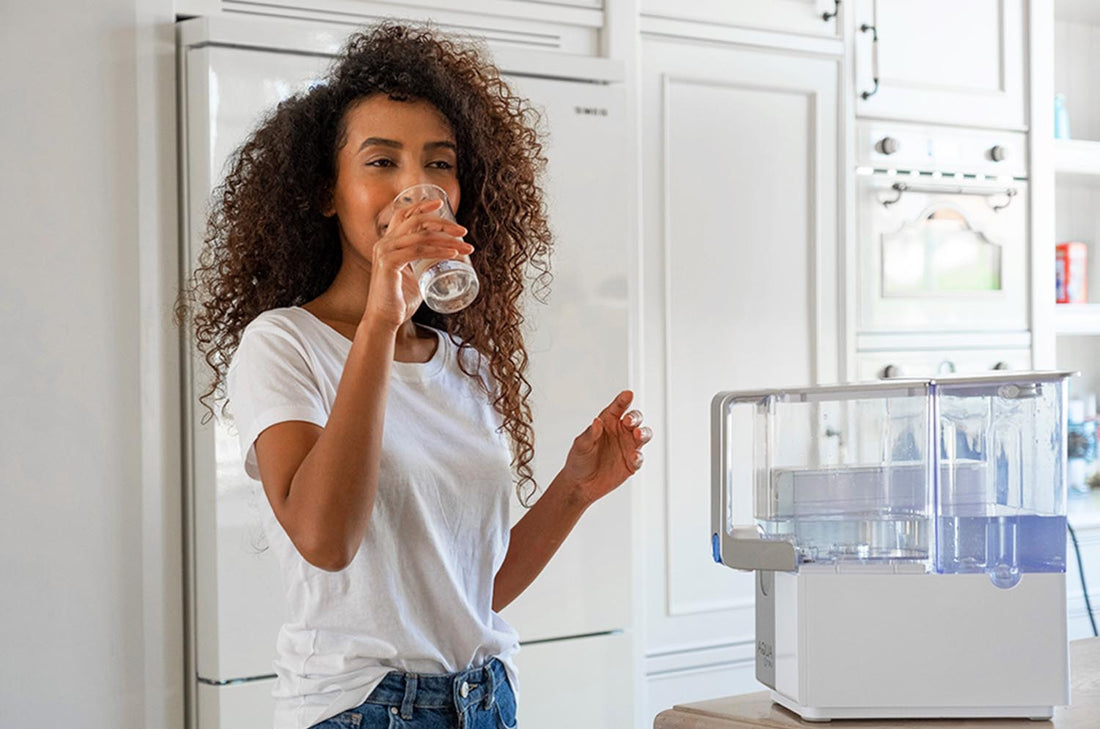We all know that drinking enough water every day is crucial for our health. In many ways, it enables us to perform our daily tasks and move through life. But what exactly does water do in our body, and how much should we drink?

Free shipping on orders over £200
AquaTru removes 99% of all harmful chemicals.
200,000+ happy customers worldwide

We all know that drinking enough water every day is crucial for our health. In many ways, it enables us to perform our daily tasks and move through life. But what exactly does water do in our body, and how much should we drink?
And enjoy pure and clean water without harmful contaminants

Several European countries, including the UK, rank among those with the best tap water in the world when it comes to safety. But “safe” does not always mean pure. This...
Several European countries, including the UK, rank among those with the best tap water in the world when it comes to safety. But “safe” does not always mean pure. This...

If you already know the AquaTru Classic, you know it for its reliability. It quietly turns ordinary tap water into clean, great-tasting water, reducing up to 99% of harmful contaminants...
If you already know the AquaTru Classic, you know it for its reliability. It quietly turns ordinary tap water into clean, great-tasting water, reducing up to 99% of harmful contaminants...

Water is an essential part of our daily lives. We use it to cook meals, prepare tea or coffee, and stay hydrated throughout the day. The quality of the water...
Water is an essential part of our daily lives. We use it to cook meals, prepare tea or coffee, and stay hydrated throughout the day. The quality of the water...

A lot of people drink tap water every day. In many ways, that trust is well placed. The UK has strict laws for drinking water, and supplies are checked thousands...
A lot of people drink tap water every day. In many ways, that trust is well placed. The UK has strict laws for drinking water, and supplies are checked thousands...
